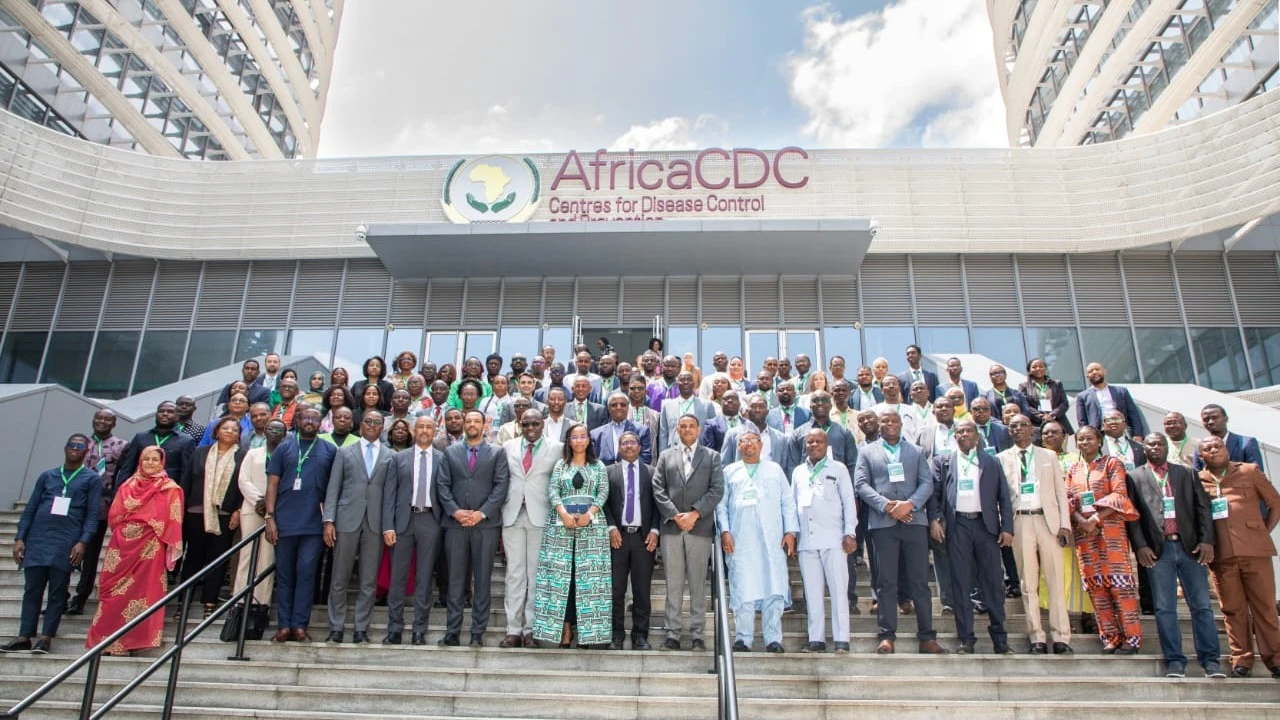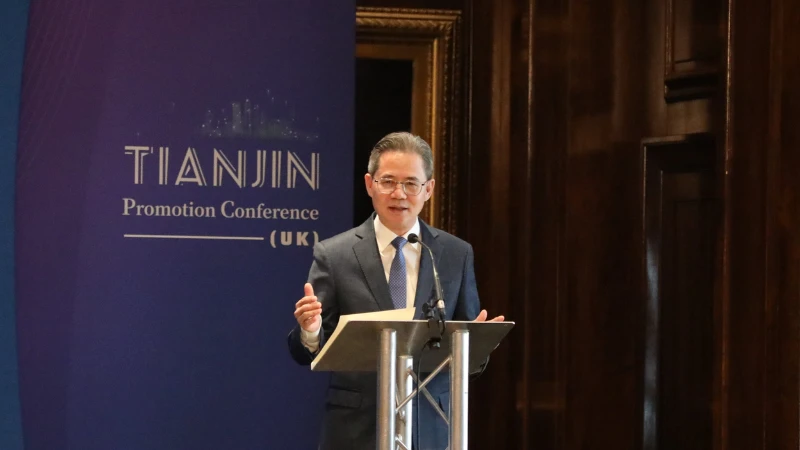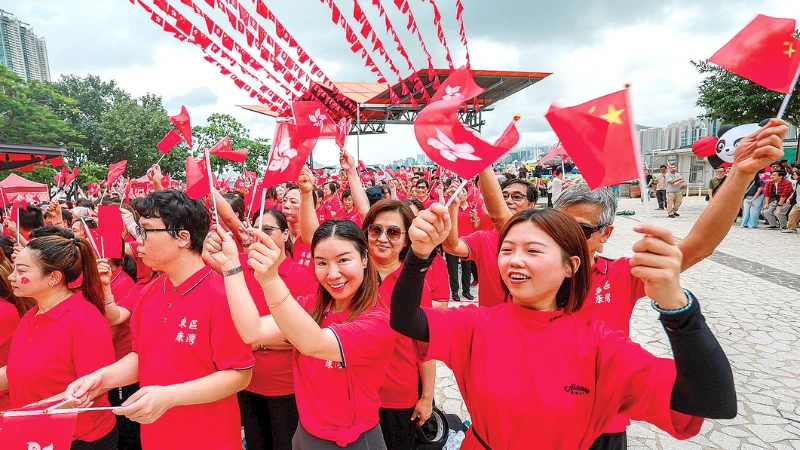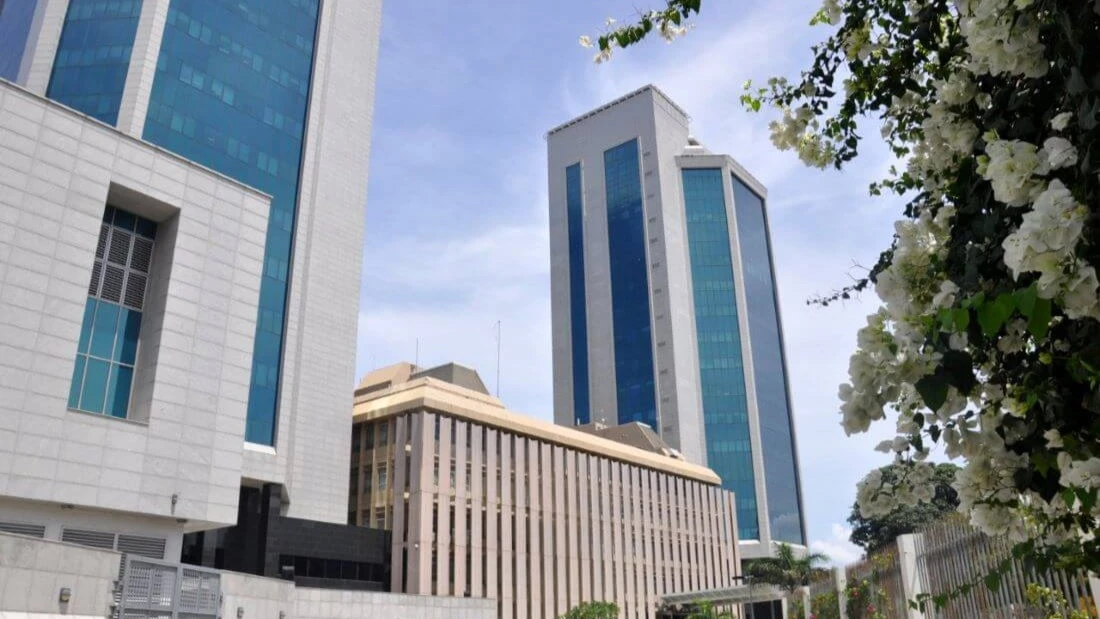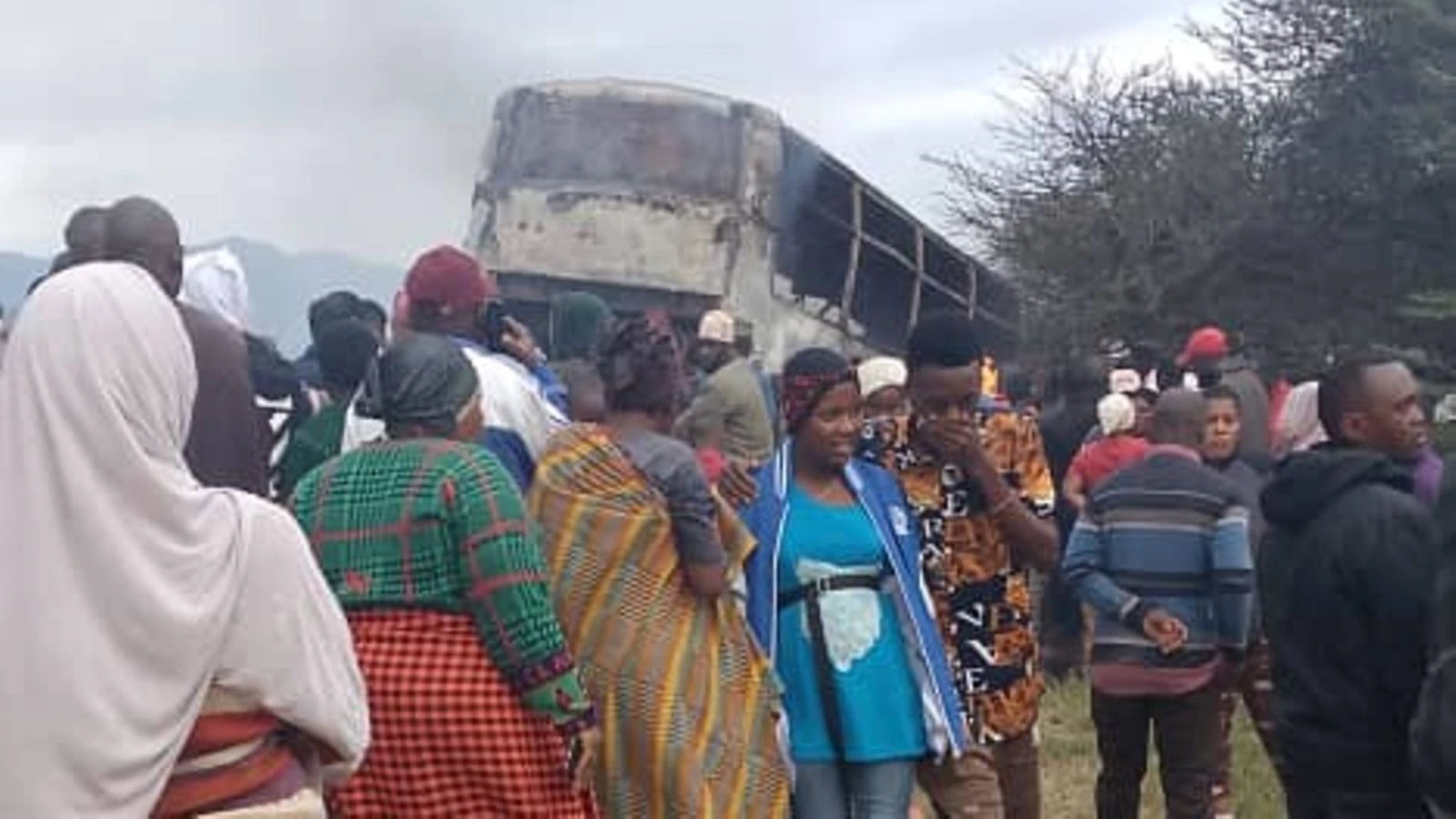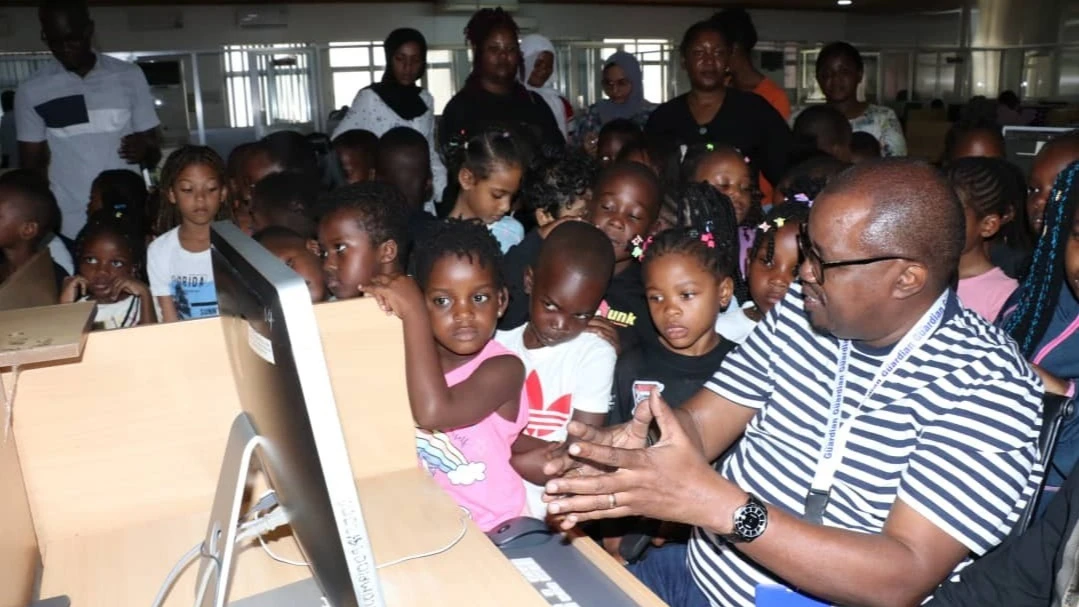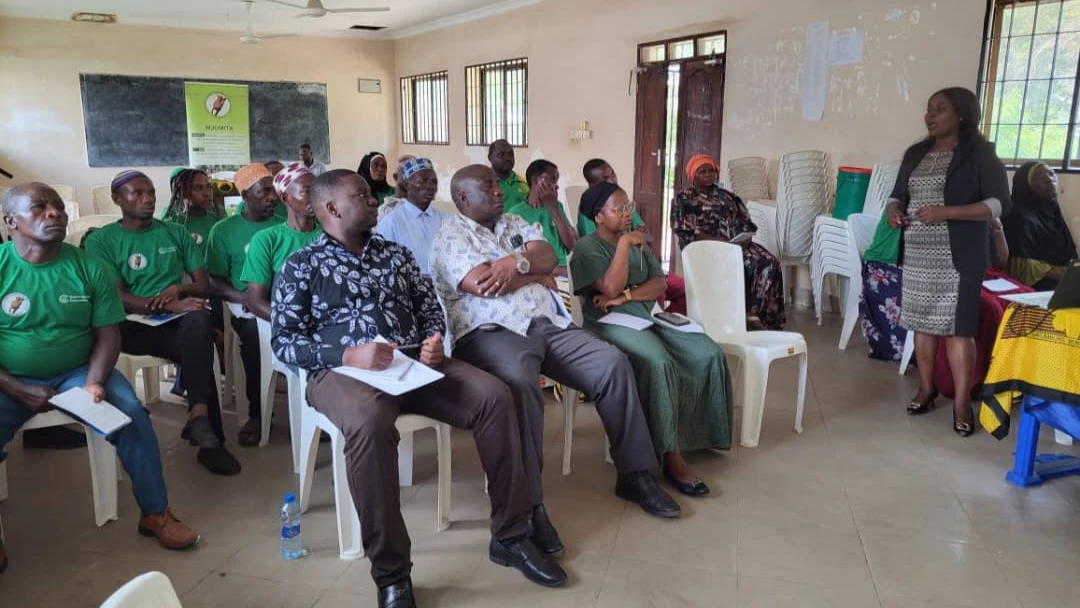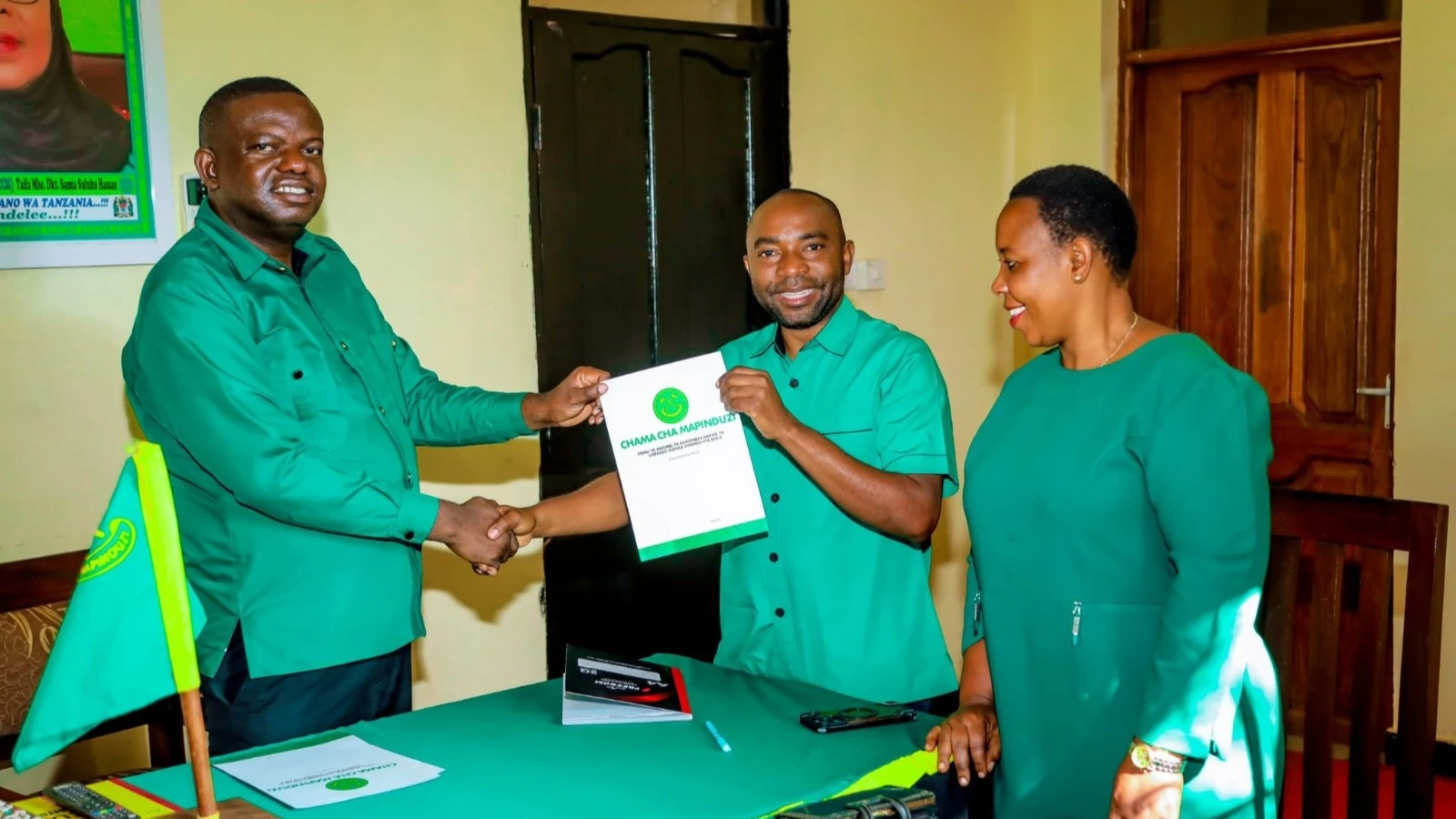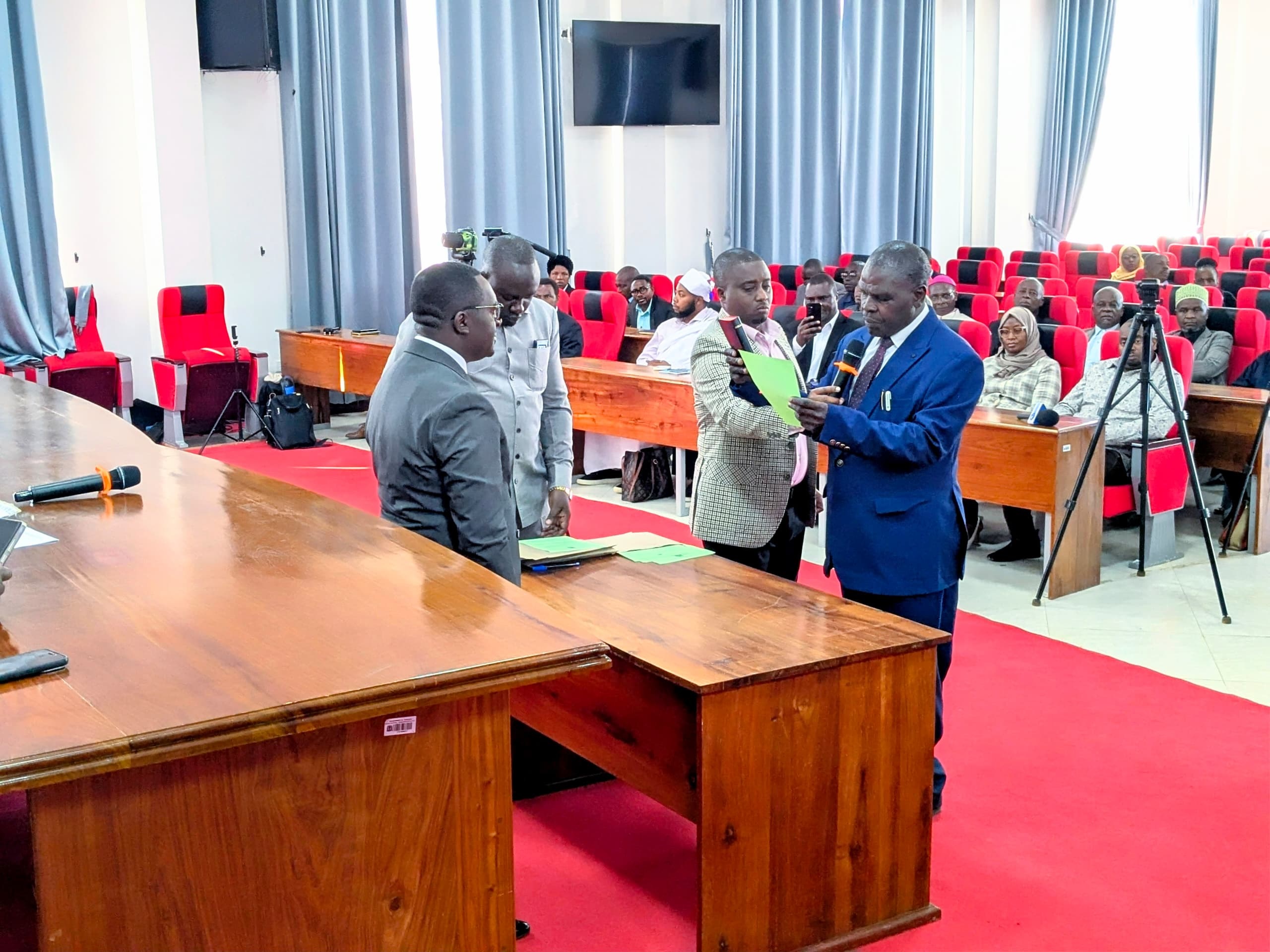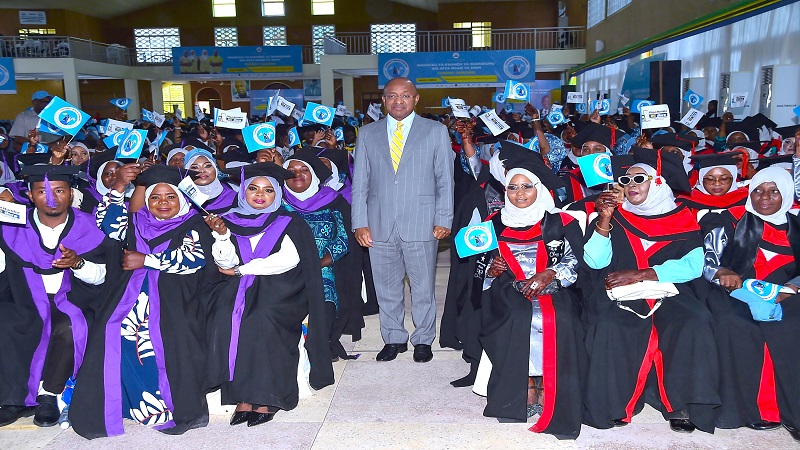African Union joins global drive for climate-resilient infrastructure

IN a major step for Africa’s climate adaptation and infrastructure agenda, the African Union Commission (AUC) has officially joined the Coalition for Disaster Resilient Infrastructure (CDRI)—a global partnership dedicated to enhancing infrastructure systems against natural hazards and climate risks.
This was recently announced by Alpana Saha, Director of Partnerships and Governance at CDRI, while briefing a delegation of African journalists at the organization’s headquarters in New Delhi, India.
The media visit aimed to deepen understanding of resilient infrastructure, global cooperation, and innovation in disaster risk management.
According to Saha, the AU formally acceded to the coalition in early June during a high-level celebration hosted at the India High Commission in Geneva. She described the move as a “pivotal moment” for Africa’s growing presence in global resilience dialogues.
“The African Union’s inclusion allows member countries to shape resilience strategies directly and benefit from technical support, capacity-building, and international expertise,” she said. “It’s a great step forward, and we expect this partnership to unlock joint action on infrastructure resilience.”
Saha highlighted Africa’s vulnerability to climate impacts—from train derailments due to heat-warped tracks to devastating floods disrupting homes, schools, and businesses. She noted that such events often expose the continent’s fragile infrastructure.
CDRI, she explained, offers technical expertise, training, and funding to help nations build climate-resilient infrastructure. The joining process involves a country endorsing the coalition’s charter and appointing a coordinating ministry.
Africa currently spends an estimated 8.7 billion US dollars annually on infrastructure risk management—mainly in response to flooding. Through its CDRI membership, the AU aims to reduce such costs via targeted interventions, technical assistance, and expert guidance in designing resilient infrastructure systems.
“Funding and grants are also part of the coalition’s support package, enabling upgrades to vulnerable infrastructure and the deployment of innovative solutions,” she added.
Founded by India in 2019, CDRI is supported by over 40 countries and multilateral institutions. It focuses on promoting resilience in critical infrastructure sectors such as energy, transportation, urban development, water, and telecommunications. The coalition also facilitates knowledge-sharing and disaster preparedness in vulnerable regions.
The AU’s entry marks the beginning of a new phase of collaboration, according to CDRI. Joint efforts will focus on areas like urban infrastructure resilience and climate-proof public services, with technical consultations already underway to identify member states’ specific needs.
“We need more countries to join and champion this cause so we can collectively reach our goal of resilient infrastructure that protects lives, livelihoods, and economic growth,” Saha said.
In the coming months, the AU and CDRI will hold structured consultations to define cooperation areas, including disaster risk assessments, policy frameworks, and regional infrastructure planning tailored to Africa’s needs.
The AU’s membership follows its historic inclusion as a permanent member of the G20 during India’s presidency in 2023—a move widely seen as a recognition of Africa’s strategic role in addressing global development challenges.
Top Headlines
© 2025 IPPMEDIA.COM. ALL RIGHTS RESERVED








